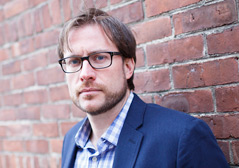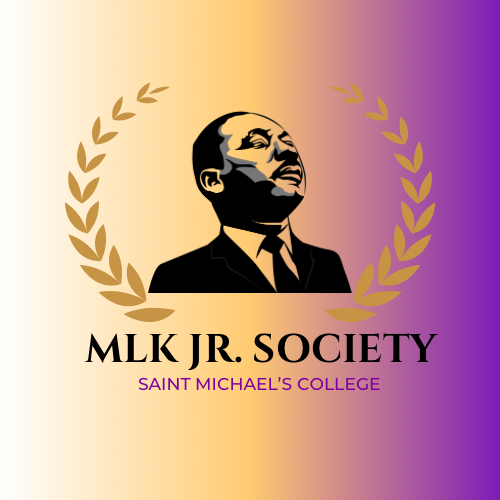
The photo below shows Robert Brenneman, chief faculty proponent of a new criminology major at Saint Michael’s College. Farther down at right is Jeffrey Trumbower, interim VPAA, and farther down still is a file image from the Vermont Corrections Department website of Derek Miodownik at left receiving an award for his restorative justice work from a Corrections official
With the recent approval by trustees at Saint Michael’s College of a new major in criminology, students aspiring to criminal justice careers will sit alongside classmates whose primary focus is social justice, encouraging a dialogue critical for today’s society, says sociologist Robert Brenneman, chief faculty proponent of the new major.
This sensibility of social justice and service long has been central to the mission and programs of Saint Michael’s and its founding Catholic religious order, the Society of Saint Edmund, says Brenneman, who feels Vermont is “a perfect lab for studying crime and justice” as a pioneer of a concept called “restorative justice” when many states are seeking alternatives to mass incarceration.
Even without a dedicated criminology major until now, Saint Michael’s has alumni around the country involved in crime reduction careers to offer valuable input, Brenneman said. He knows anecdotally and from surveys that current and prospective students are “very interested” in the field, perhaps reflected in the huge popularity these days of TV crime shows, he speculated. The College already has gotten overwhelmingly positive response to a multidisciplinary minor called “crime and justice” that has been in place for two years.
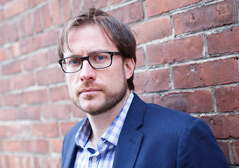 The new criminology major officially will launch for the fall semester of 2020, and current students or prospects can already make it their major or intended major. Brenneman considers criminology “an interdisciplinary social science aimed at understanding where and when crime arises and what can be done about it.”
The new criminology major officially will launch for the fall semester of 2020, and current students or prospects can already make it their major or intended major. Brenneman considers criminology “an interdisciplinary social science aimed at understanding where and when crime arises and what can be done about it.”
Career possibilities abound for students with this major, he said, including law enforcement, law school, victims’ advocates, counselors to current and former inmates, community justice programs, or research involving crime, incarceration and policing. In his vision, the new Saint Michael’s program will be grounded in rigorous research methods while emphasizing the “Edmundite values of social justice and the dignity of all persons.”
Upon learning of trustees’ recent approval, Saint Michael’s President Lorraine Sterritt said, “We are excited by this new major that will serve our students and serve society.”
The minor in crime and justice will continue alongside the new criminology major, Brenneman said. Both the new major and earlier program have been designed “to help students from various majors interested in law enforcement, legal careers, or restorative justice prepare themselves to be successful professionally while contributing to thoughtful, progressive justice reform in their communities.”
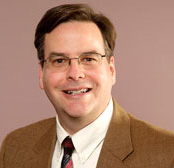 These programs provide grounding in the theoretical and legal aspects of justice as well as innovative opportunities for gaining hands-on experience, said Jeffrey Trumbower, Saint Michael’s interim vice president for academic affairs. Graduates of the new criminology major as well those pairing a minor in crime and justice with a major in the social sciences (such as psychology, political science, or sociology & anthropology) or any of the College’s other strong degree programs, “will find themselves well-prepared for a meaningful, challenging career in one of the many diverse fields related to justice,” he said.
These programs provide grounding in the theoretical and legal aspects of justice as well as innovative opportunities for gaining hands-on experience, said Jeffrey Trumbower, Saint Michael’s interim vice president for academic affairs. Graduates of the new criminology major as well those pairing a minor in crime and justice with a major in the social sciences (such as psychology, political science, or sociology & anthropology) or any of the College’s other strong degree programs, “will find themselves well-prepared for a meaningful, challenging career in one of the many diverse fields related to justice,” he said.
Brenneman said professions relating to crime and justice “have perhaps never been more in need of thoughtful, self-critical college graduates with an ability to think structurally, analyze and evaluate data in all forms, and make informed and ethical judgments about basic fairness and human rights.”
“Whether our students are planning to enter the field of law enforcement or simply interested in adding a minor that provides a critical look at the justice system, courses in our criminology program or crime and justice minor will expose these students to the larger legal, social, and ethical issues at play in providing justice,” said Brenneman.
Restorative justice is an approach to justice, being pioneered in Vermont, in which crime is seen not merely as a matter of breaking the law or violating a rule, but of causing harm to people and relationships. When feasible and appropriate, restorative approaches to crime seek to bring perpetrators face-to-face with persons harmed by their actions so that they can understand and take responsibility for the harm they have caused. A popular faculty member for the Saint Michael’s crime and justice minor already — and now gearing up to teach within the new major next year — is Derek Miodownik, the Community & Restorative Justice Executive for the Vermont Department of Corrections.
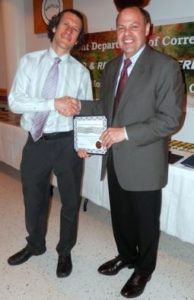 Miodownik has been a practitioner in conflict transformation and restorative justice for the past 24 years. Before moving to Vermont in 1999, he directed the Red Hook Youth Court, a program of the Red Hook Community Justice Center/Center for Court Innovation in Brooklyn, N.Y. In his role with the State of Vermont in restorative justice, he oversees statewide partnerships with Community Justice Centers and Transitional Housing programs.
Miodownik has been a practitioner in conflict transformation and restorative justice for the past 24 years. Before moving to Vermont in 1999, he directed the Red Hook Youth Court, a program of the Red Hook Community Justice Center/Center for Court Innovation in Brooklyn, N.Y. In his role with the State of Vermont in restorative justice, he oversees statewide partnerships with Community Justice Centers and Transitional Housing programs.
Of Miodownik and other multidisciplinary faculty members who will be delivering the new criminology major at Saint Michael’s, Brenneman said, “Our faculty is commited to inviting students to engage in critical thinking and deep learning. The vast array of experience and opportunities afforded by our location will encourage students to consider the human impact of law enforcement, the justice system, and the relationship of both to social justice.”
Trumbower emphasized how desirable it will be for students entering crime and justice fields to have a liberal arts background. “The way this major is set up, our students get greater depth in either statistics or a foreign language – or they can do both if they want,” Trumbower said. “We think this will produce graduates who are very well-rounded in the marketplace to advance in careers in the field.” Along with the social science disciplines at the heart of the new program, Trumbower sees a natural overlap with College’s relatively new data science major.
“These people are going to be criminology graduates but also liberal arts graduates because of our general requirements,” the VPAA said. “And, as with all of our majors, we’re making sure that ethics are covered, along with effective oral and written communication, and – critically for these times — information literacy: that is, what are the sources of information in the field, how do you access and manage all the data coming at us in our information age? Our graduates will be prepared to understand how to get at the information you need and process it with sensitivity and understanding of what you’re looking at.”

For all press inquiries contact Elizabeth Murray, Associate Director of Communications at Saint Michael's College.
